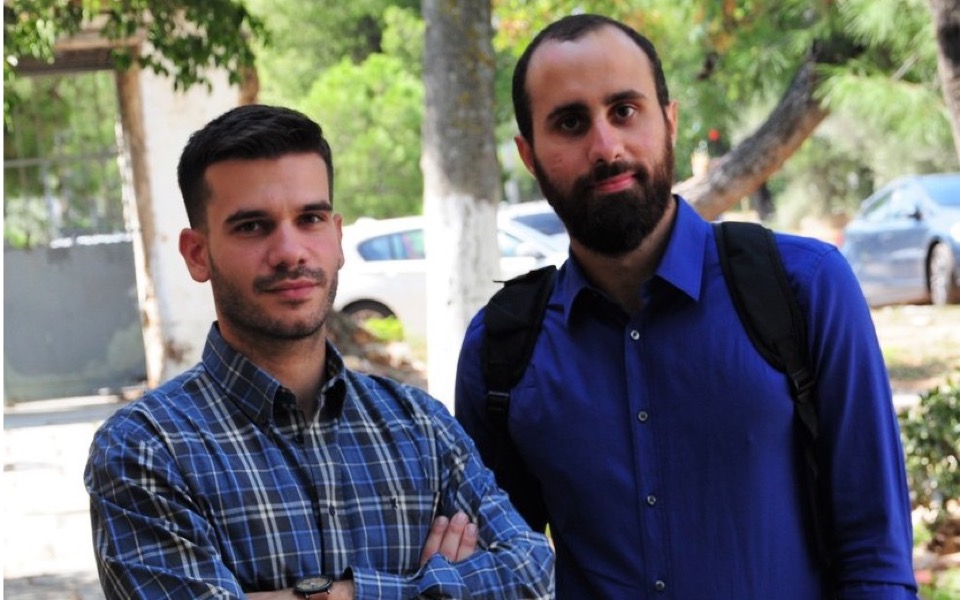Homo Digitalis: Protecting individual rights in the digital era

The images we upload on social media, the places we visit while on vacation, the thoughts and concerns that we choose to share online are all pieces of our digital self. Similar to our “real” self, our online counterpart is also entitled to rights and freedoms. A team of six young legal experts who go by the name Homo Digitalis recently spoke to Kathimerini about why we should and how we can protect these rights.
As the United Nations, the European Union and the Council of Europe are taking an increasing interest in digital rights, the six decided that the time was right to establish the first and to date only nongovernmental organization in Greece focused on safeguarding internet users. Co-founders Konstantinos Kakavoulis and Stefanos Vitoratos describe how it all started last March.
“We saw there was a gap between Greek reality and the Greek legal system with regard to digital rights,” Vitoratos says.
“In Greece there is not enough information about these rights, so this has been our central aim: [to provide] proper information and subsequently legal support that can make an impact on society. After all, if people do not know their rights, they’re not exactly going to fight for them,” Kakavoulis says.
The group have so far submitted a report to the UN High Commissioner for Human Rights on the right to privacy, lodged a complaint with Greek lawmakers about the EU’s General Data Protection Regulation (GDPR), the biggest overhaul of data privacy laws in more than 20 years, and launched a campaign asking Greek MEPs to push for the modification of Article 13 on the Digital Single Market.
Through their actions and collaborations with other agencies, Kakavoulis says, they aim to bridge the gap between Greece and other European states. Similar organizations have been operating outside Greece for years, cultivating a culture of digital rights protection, moving from public awareness into activism.
“Other countries have seen campaigns that have had a large impact on local as well as EU legislation,” says Kakavoulis, citing the Netherlands, Austria and Belgium as examples. “Greece has been extremely slow in adopting European legislation,” Vitoratos says.
Homo Digitalis has been welcomed by other European organizations, as it means they now have a counterpart they can talk to in Greece, says Vitoratos, adding that although Greece hosts the headquarters of the European Union Agency for Network and Information Security (ENISA), there has so far not been an NGO that could support its activity through public awareness campaigns or legal interventions.
An indication of how a public awareness campaign can impact on the legal process is the Directive on Copyright in the Digital Single Market that was submitted to the European Parliament in July.
“This directive really has the momentum to change the internet as we know it,” according to Kakavoulis. The proposed directive approved by European lawmakers on September 12 “could address timely challenges and problems,” he says. “But not in a way that would violate freedom of expression and information.”
“The shape of the internet is not going to change yet. We have a long way to go before that happens,” he adds.
“The only non-legal means which is global and strong enough is human conscience. The internet’s self-regulation and its good use lies with the users. Homo Digitalis stands next to the citizen. We oppose anyone who violates rights,” Kakavoulis says.





